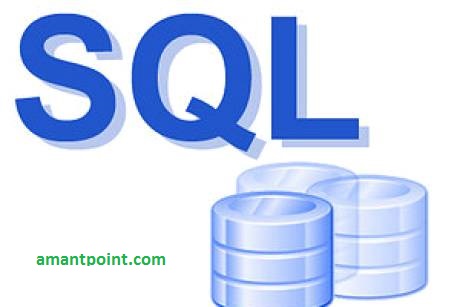SQL (Structured Query Language) is a powerful tool used for managing and manipulating databases. Think of it as a language that helps you communicate with databases to retrieve, insert, update, or delete data.
With SQL, you can ask questions from a database and get precise answers. It’s used in various applications like websites, mobile apps, and business software to handle data efficiently.
What is SQL (Structured Query Language)?
SQL stands for Structured Query Language. It’s a powerful tool used for managing and manipulating databases. Think of it as a language that helps you communicate with databases to retrieve, insert, update, or delete data.
With SQL, you can ask questions from a database and get precise answers. It’s used in various applications like websites, mobile apps, and business software to handle data efficiently.
Is SQL a Programming Language?
SQL, or Structured Query Language, isn’t exactly a traditional programming language like Python or Java. Instead, it’s a specialized language designed for managing and querying databases.
While it doesn’t fit the typical mold of programming languages, SQL enables users to interact with databases by retrieving, updating, and manipulating data. It’s more focused on managing data rather than executing sequences of commands like in conventional programming. So, while it’s not a programming language in the traditional sense, it’s a vital tool for working with data efficiently.
Why is SQL Necessary?
SQL, or Structured Query Language, is crucial for managing the vast amounts of data we encounter daily. It acts as a universal communicator between databases and us.
Imagine navigating a massive library; SQL is your guide. It helps retrieve, add, modify, and delete data swiftly and accurately. From websites storing user information to businesses organizing sales records, SQL ensures efficient data handling.
Without SQL, accessing and organizing data would be like finding a single book in a chaotic library. Its use streamlines data management, making information easily accessible and manipulable for countless applications.
History of SQL?
In the 1970s, IBM researchers developed SQL, aiming to manage data in a more structured way. It emerged as a standardized language for relational database management systems (RDBMS).
Originally called SEQUEL (Structured English Query Language), it evolved to SQL due to trademark conflicts. As databases gained prominence, SQL became the go-to language for managing and querying data.
Over time, SQL underwent enhancements and standardization by ANSI and ISO. Today, it’s the backbone of data management, enabling seamless interactions with databases across various platforms and applications.
The Future Scope of SQL
SQL remains a powerhouse in the evolving landscape of data management. Its future looks promising as data continues to grow exponentially. With advancements like Big Data and AI, SQL adapts, integrating with modern technologies.
SQL’s role extends beyond traditional databases; it embraces cloud computing and data warehousing, catering to diverse industries like healthcare, finance, and e-commerce. As businesses rely more on data-driven decisions, SQL’s significance amplifies. Additionally, new versions and extensions enhance its capabilities for handling complex data structures.
Top industry or sector where SQL programming is used
SQL is the backbone of data management across various industries. It’s prominently utilized in finance, where it ensures the secure handling of sensitive transactional data. In healthcare, SQL manages patient records and facilitates precise data retrieval for medical research.
E-commerce relies on SQL to manage inventories, customer information, and transactions. Additionally, in telecommunications, it aids in organizing vast customer data.
From education to government sectors, SQL’s flexibility and efficiency make it indispensable for handling, organizing, and retrieving data crucial to the functioning of diverse industries.
Real-World Application of SQL
Consider an e-commerce platform where SQL plays a pivotal role. When you browse products, SQL helps retrieve item details from the database swiftly. Your user account info, stored securely, is managed through SQL queries.
During checkout, SQL ensures seamless transaction processing, updating inventory levels and recording purchases. It’s SQL that powers personalized recommendations based on your browsing history.
Behind the scenes, SQL manages the entire web of data, ensuring the smooth functioning of the e-commerce platform, and providing you with a seamless and tailored shopping experience.
Can we use SQL for desktop, web, and mobile applications?
SQL’s versatility shines across desktop, web, and mobile applications. For desktop software, it manages internal databases, ensuring smooth operations like managing inventory or customer data.
In web applications, SQL powers dynamic websites by managing content, user accounts, and transactional data, providing seamless interactions.
Even in mobile apps, SQL comes into play, handling local databases for tasks like storing app settings, user preferences, or offline functionality.
SQL’s adaptability makes it a go-to choice across diverse platforms, ensuring efficient data management, regardless of the application type.

